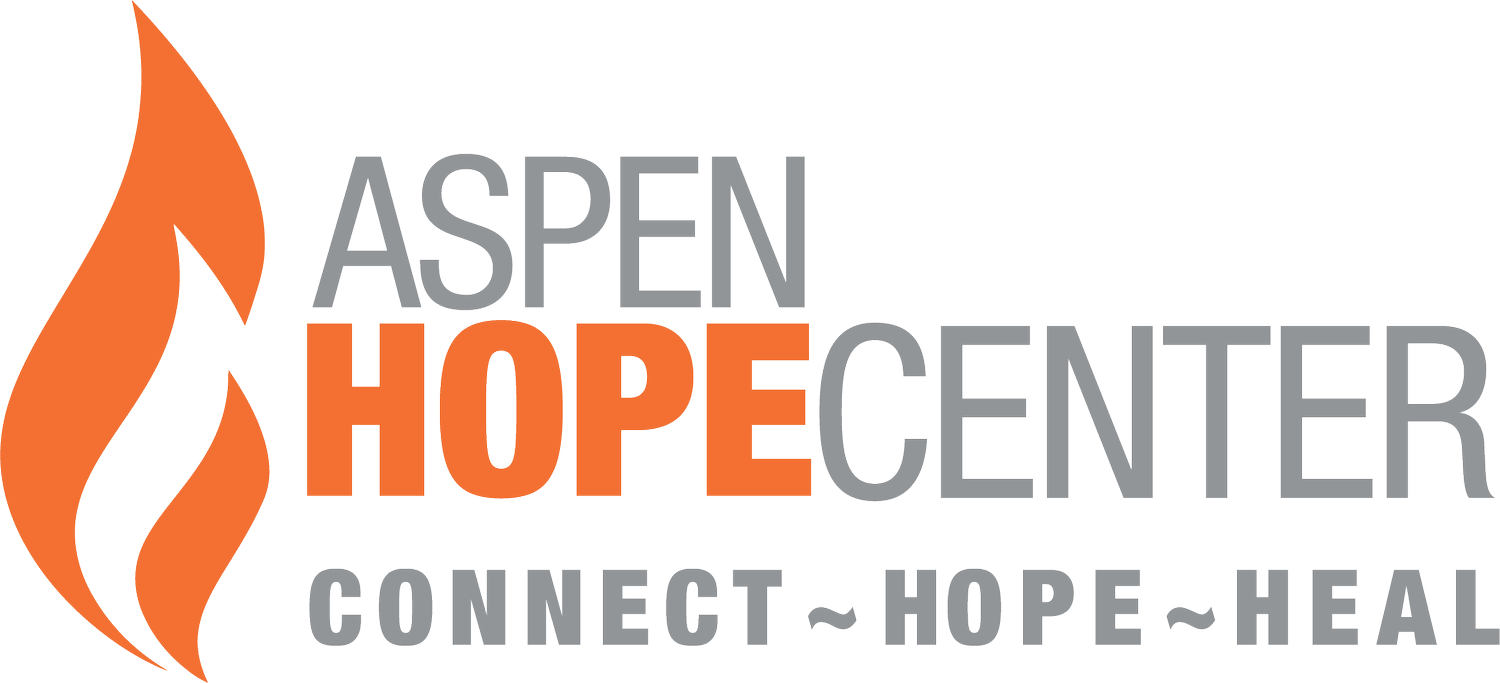Mental health help is on its way with The Hope Center Eagle River Valley
EAGLE — Its name sounds like a platitude, but when Hope Center goes into action it offers a whole lot more than a pithy title on business cards.
The Hope Center brings mental health services to people at the moment and in the environment where they most need them. And beginning this fall, the center’s reach will extend to residents.
Hope Center Eagle River Valley is an expansion of a program that has successfully operated in the Roaring Fork Valley for eight years. Hope Center operates in partnership with law enforcement services and community resources.
Under the Hope Center model, a crisis clinician screens every potential mental health 911 or suicide hotline call to determine risks, safety and need. Typically, within five minutes of launching a screening, the clinician knows whether or not to send help to the caller. If help is needed, then law enforcement or emergency medical personnel can be sent out, followed by a clinician shortly thereafter. While police or EMS personnel deal with enforcement or medical issues at the scene, Hope Center personnel are there to help with immediate mental health needs.
But that moment of crisis is just the start of a long-term relationship. After the crisis has passed, the Hope Center remains in the patient’s life — connecting them with the appropriate community resources to help address their long-term needs.
‘DON’T REALLY WANT TO DIE’
Hope Center Director Michelle Muething met with the Eagle County commissioners earlier this year. She noted that bringing mental health professionals to patients in crisis is a much more compassionate and effective practice than transporting patients to a hospital, which may not be equipped to treat their issues, or to a jail, where they do not belong.
“It’s about stabilizing the pressures in someone’s life,” Muething said.
For example, when the Hope Center is called to the scene of a threatened or attempted suicide its crisis clinicians talk to the patient to determine what is going on in his or her life that has brought about such a state of despair.
“People don’t really want to die; they just can’t keep living in all the muck in their lives,” Muething said. Maybe that muck is financial pressures. Maybe it is undiagnosed or untreated mental illness. Maybe it is relationship issues. Regardless of the cause, the Hope Center makes a commitment at the patient’s darkest hour, to find the appropriate help.
“If you are losing your house to foreclosure, a therapist is not going to help you that much,” Muething said. But free legal aid would help, she noted.
“Our stabilization program is not a bed in a facility and it is not really a program you enroll in,” Muething said. Instead it is a very personalized response designed to bring a patient what he or she needs, rather than systemic response such as a mental health hold at a hospital.
“We average 50 to 60 people a year in our stabilization program,” she said. “For all intents and purposes, all of them met the guidelines to be on a mental health hold in a facility and all of them are alive today,” Muething said.
HOPE CENTER EAGLE RIVER VALLEY
An enthusiastic community response has greeted the program, which included $100,000 from Eagle County Paramedic Services and a donation of office space. Our Community Foundation donated an additional $50,000. Hope Center Eagle River Valley plans to be operational by September. The program will be based out of the ambulance facility in Eagle, located north of the Market Street roundabout. The local program will fall under the direction of Jen Girard, an Eagle native.
“I grew up here so I have a leg up in knowing the community partners. It’s been great to reconnect,” Girard said.
She is now in the process of hiring four crisis clinicians and one therapist for the program.
Muething noted that Eagle County is the fourth group that has approached the Hope Center Roaring Fork Valley to inquire about expanding is program. But the local effort is the first to actually come to fruition.
“It takes money, manpower and time to do what we are doing,” Muething said. Local officials were able to come up with all three.
Girard noted that along with Eagle County and Eagle County Paramedic Services, the initial partners for the Hope Center Eagle River Valley include the Eagle County Sheriff’s Office, the Eagle Police Department, the Avon Police Department, the Vail Police Department and SpeakUp ReachOut, the local suicide prevention organization. She said these front- line emergency service providers know the depth of the local need.
“A main focus of what we will be doing is the co-response to the scene of any crisis,” Girard said. That includes everything from suicide calls to traffic accidents — any situation where people need counseling.
Eventually, Hope Center Eagle River Valley will offer a 24-hour hotline number that will connect people directly to crisis clinicians.
Girard pledged the local program will continue the personalized response the Hope Center Roaring Fork Valley has pioneered — connecting people to the resources that are already available in the community.
“We will never, ever just hand someone a phone number to call for help. We will be there to guide them,” Girard said.

